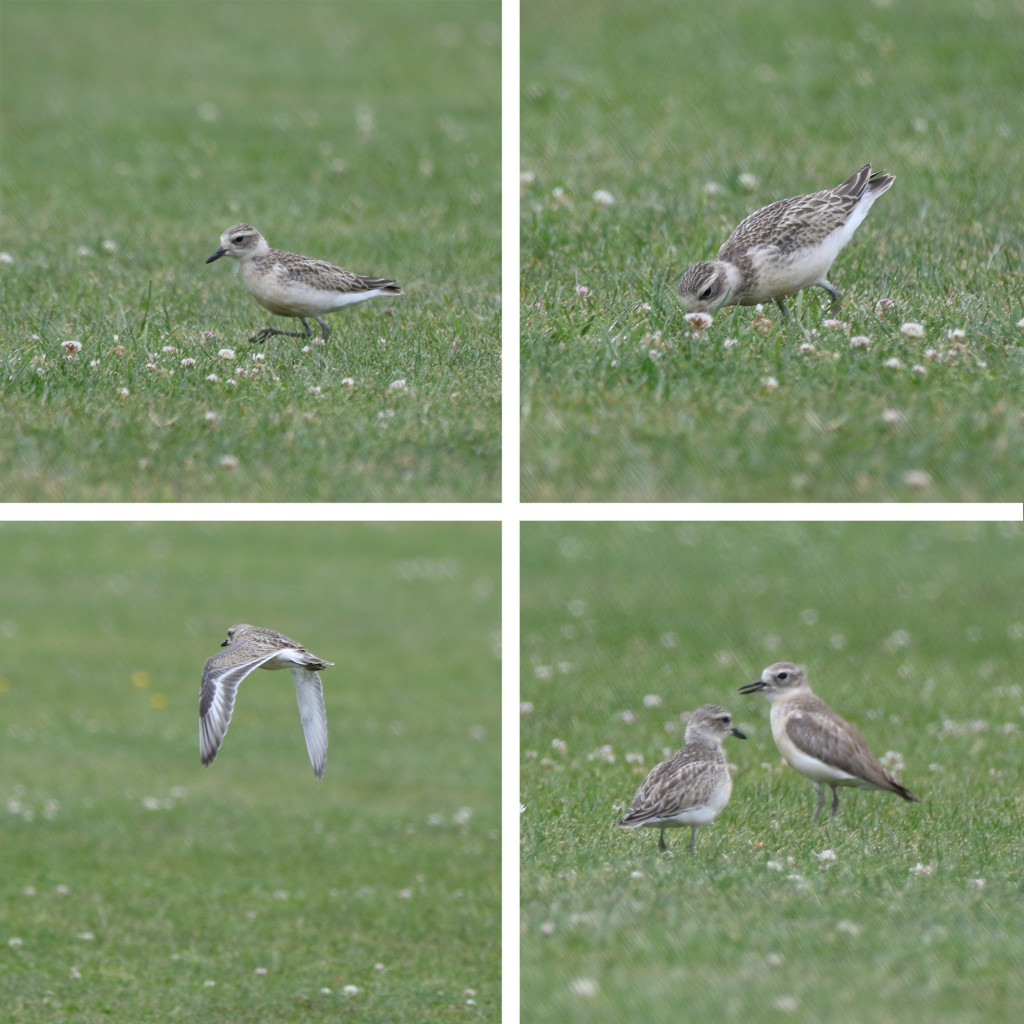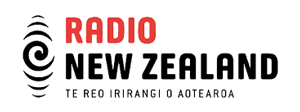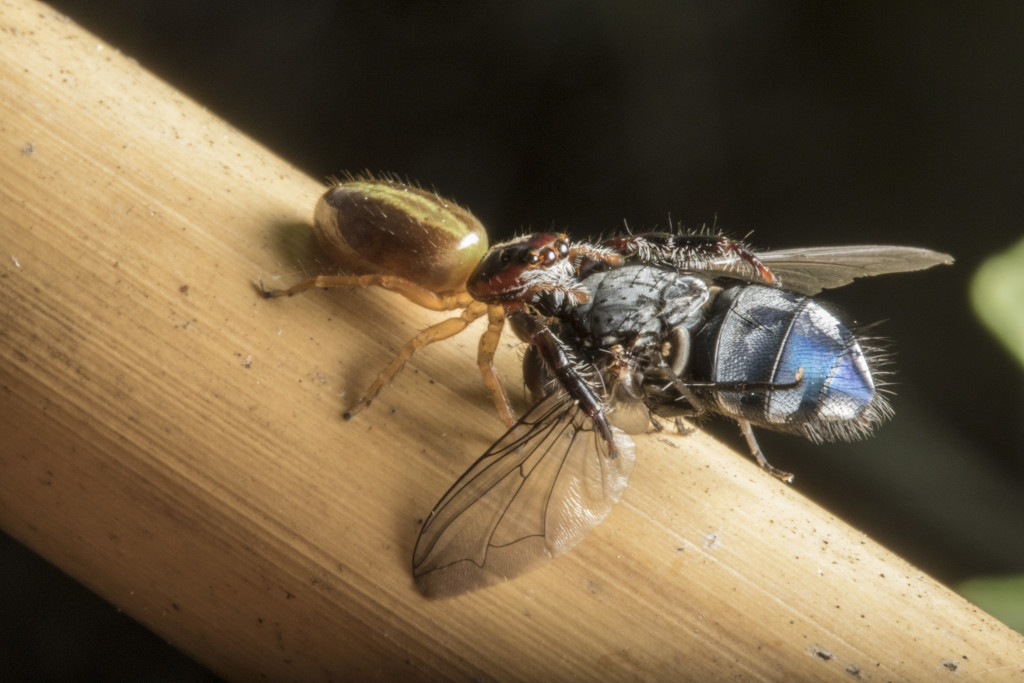Last night I found myself standing in the middle of a bubbling bush clad stream. The full moon danced on the water, I turned my headlamp off and suddenly the stream banks came to life with glow worms. But the best bit was when I looked back down at where I had been walking. You see I had heard this was a great place to see the only bioluminescent limpets in the world. I was blown away by how bright they were, when disturbed the limpets release a bright green slime – so my footprints were lit up like a Michael Jackson video. My wonder was not displaced by my guilt for disturbing them and I proceeded to disturb more in order to document the behaviour (sorry guys). We need stronger bottom lines for fresh water quality if we are to keep wonderfull little creatures like these for future generations.

I choose clean water
We have just launched the Choose Clean Water website which is sponsored by the tourism industry and will support the Choose Clean Water Tour. It highlights how people use freshwater in NZ,the plight it is in and supports a petition to do something about it.
How to be wild and free
“No!” This is how we teach restraint, over time the child masters the rules and becomes a functioning member of society. But he finds pleasure in the quiet places where no one can yell “No” at him, places where the rules don’t apply, where he can be wild and free.
There is a huge psychological transformation that occurs when you’re outdoors and find that you are no longer alone. Every imaginable cultural judgement can be projected in just a single person. They are not just changing our behaviour they are changing how we think, making us self conscious.
Some people feel this more than others, but perhaps this is why humans bleat and stomp about environmental rules. Because when we are in the wild with all those wild things, we feel wild too. We feel free from all those rules and judgements, those “No”s. So we fight those that tell us “don’t go there”, “don’t kill that” or “leave that alone”. Because they are reducing our freedom, which is true. But unfortunately we live in a world of human expansion and decreasing environmental resilience, our choices now have a greater cost than those of previous generations. We are slowly learning we can longer afford to be wild, we have to share our freedoms, not just with this generation but the next one too.
The reason the human population has grown so fast is because we are so adaptable and culture (our behaviours and technology) has evolved and will continue to evolve much faster than our genes. Those that are following the rules, participating in restoration, conservation, trash removal, pest eradication, citizen science and moving from eating to recording wildlife are developling a new culture. This new culture is already growing fast and with it some of our wilderness is coming back, building resilience and expanding our freedoms. We are finding a new way to be wild and free.
Tākoketai
I just got back from 3 nights on Great Barrier Island where I documented a Black petrel / tākoketai blessing by local iwi. I then continued up the mountain with scientists and fisheries people who are working together to save the species. Southern Seabird Solutions are doing an amazing job of getting fishers involved in saving them. This collaborative approach is really inspiring, the conversation was serious but upbeat. However the big surprise for me was how close we got to these birds, you could just sit and have a chat with them! I really did not need my zoom lenses!
PICTURED: Tākoketai / Black Petrel, Mt Hobson, Great Barrier Island, New Zealand
Fledged

It’s been nearly 3 years of trapping, monitoring, experimenting and public education but we have finally fledged a Northern New Zealand Dotterel at Point England. The birds have also been working hard, at least 8 adults making 15 or more nests in that time period. What a huge amount of work – making animals that are in danger of extinction is really hard. I have new respect for all those working in conservation.
Why we need to do something to fix our freshwater
![]()
Grave warning for NZ’s freshwater life
NZ’s ‘clean environment’ under threat
Water pollution – we can fix it
Most rivers in New Zealand too dirty for a swim
Dairy conversions still hurting our lakes and rivers – commissioner
Dairying’s environmental harm a ‘zero sum’ – study

Many NZ rivers unsafe for swimming
Dairy continues to damage water quality
Cooking oil the tip of the iceberg for polluted Canterbury waterways
New Zealand’s ‘high risk’ beaches for water quality
Manawatu River ‘among worst in the west

NZ water quality getting worse – report
Completely backwards step for freshwater – expert
Is New Zealand really clean and green? A new report suggests we’re not
‘Massive intensification of dairy farming’ is killing freshwater fish – expert

Water quality getting worse – report
Labour: Govt failing on water quality
Lake water quality deteriorating – Smith
Cities urged to act on water quality
Kiwis too optimistic about water quality
NZ walk to raise water quality awareness
Changes to land use bad for water quality – Commisioner
Some farmers refuse to comply with water quality standards
Dairying blamed for damaging South Island water quality
Labour criticise Govt’s three year delay on water quality laws

Public ‘misled’ over river water quality
Farming damaging environment – report
Environment report depressing – opposition
Deadline to fix Canterbury rivers missed
Freshwater species disappearing rapidly
No prosecution over Tukituki River pollution
![]()
Environment Commissioner warns water quality is “not out of the woods yet
Water quality: Vulnerability & mitigation
Water quality: Changing land use
Managing water quality: Examining the 2014 National Policy Statement
Thanks to Tom for the links
Gulf Journal
iNaturalists photo of the day

I am stoked this photo just won iNaturalists photo of the day!
I love taking photos of spiders, mostly at night when there are less birds (predators) around. I wish there was an equivilent resource to nzbirdsonline.org.nz for Spiders in New Zealand.
Silos

Yesterday I once again attended the Hauraki Gulf Forum’s annual seminar. When I first saw that the lineup included Volker Kuntzsch from Sanford I cringed. I personally don’t distinguish eating our native fish from eating our native birds, and I am deeply saddened by the relative emptiness or the Hauraki Gulf. The previous year HGF had a fisher (Adam Clow) on stage and although it was hard to watch I really admired the changes he was making to reduce his impact on seabirds. But Sanfords has done so much damage over the decades, I had previously read their PR and latest Annual Report and I was unconvinced that they were doing anything more than trying to fix their brand. I didn’t laugh with the audience as he charismatically joked about us being a tough crowd. But it was nice to see him reflect on what NIWA had just been saying about sediment and desertification – I have hope that one day the Seafood industry will put serious money into lobbying Fonterra to reduce their pollution of our waterways.
However like the rest of the audience I was blown away by his final slide. He said he was happy to pull out of the Hauraki Gulf! (I think they have about 9 of the 50 or so boats that commercially fish the gulf.) But on one condition, recreation fishers must report their catch. Apparently it’s done overseas, but of course voluntary reporting of recreational fishing catch must be very unscientific, why is he doing this? Because it’s hard to report? To shift the blame? Because catch in the Hauraki Gulf is low ROI? Or because they are being kicked out anyway? Who knows, fishing politics is very complex.
The awesome thing was Scott Macindoe from the New Zealand Sport Fishing Council was in the audience and the two decided to chat about solutions. We all cheered, including me. It takes a lot of courage to invite those who profit from environmental degradation to these events and even more courage for those businesses to show up. But if we don’t emerge from our silos then we are just going to get more of the same. I am inspired.
Freshwater Foundation

I am helping some awesome people setup the Freshwater Foundation.



